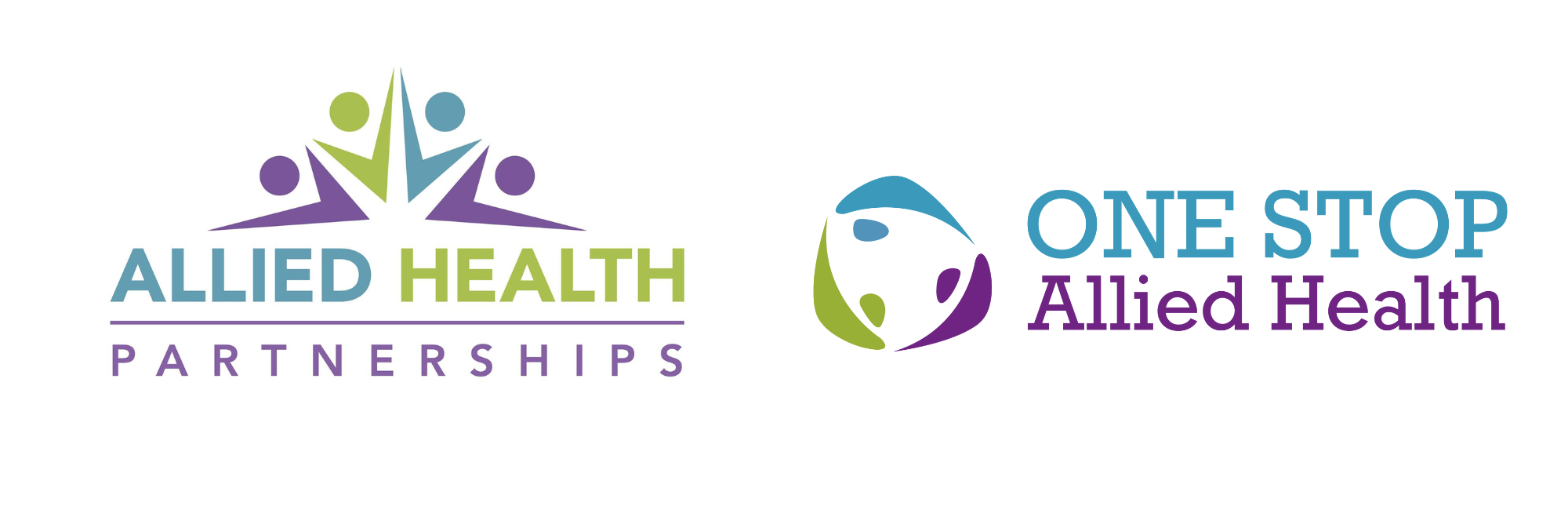Advice for Aspiring Sp’s
Over the course of my career, I have had the privilege of being a Clinical Educator – partnering with Universities to supervise students on their clinical placements. The most eye-opening part of the whole experience is how reciprocal the supervisory experience is. Initially, I thought the trade would just be my supervision in exchange for students taking some of my workload, but it is so much more. Supervising students brings numerous opportunities for the Clinical Educator to reflect on their own practice and the need to explain that practice to another. Really, as with anything, if you can’t clearly explain what you are doing to someone who has no idea, then maybe you don’t truly understand it yourself.
After watching many different types of students pass through their placements, and reflecting on what works and why, here are some of my top tips for anyone aspiring to be a Speech Pathologist:
- Find a child
At Uni, the lecturers often recommend observing a child to help your understanding of child speech and language development, but I recommend taking it a step further. By child, I mean a baby. Preferably close to newborn. A tiny human who is learning to communicate for the very first time.
Over the last few years I have been able to observe my new niece & nephew and wow, did they blow my perception of the Speech Sound Development tables out of the water. Yes, there are patterns and yes, the ages and stages of speech sound development are correct. But they are not as black and white as the tables in textbooks would have you believe. This data is based on averages and norms, whereas real-life children are individuals! Use your textbook knowledge and observe the real thing. Please. And if possible, observe a little one you really care about. This will help you connect with parents and carers and view your SP knowledge from their perspective. Game changing.
- Voice, Place, Manner
The keys that unlock the mysteries of those weird sounds your client is making! The parts of our job that can make us feel like a cool detective! Don’t underestimate knowledge of voice, place & manner. So many students I see don’t know these off by heart because they haven’t understood the importance. Knowing where and how a sound is produced is essential for working out where and how the error is being produced! Match what you know of voice, place, manner with what the client is doing and voila! There’s your Phonological Process! Back sound coming to the front? Fronting! Voiceless sound is now voiced? Voicing! Fricative sound is now stopped? Stopping! See how much sense that makes? Now try and do it without knowing your voice, place, manner……*crickets*. Learn them. You won’t regret it.
- Keep everything
And by everything, I mean resources. It may not seem like it right now with all your assignments and exams, but your student days will be THE MOST time you have to create resources. For real, I am still using resources today that I made way, way back in uni. Create an organised system and build up your resource bank. University placements are also a time where you have the opportunity to work with an amazing variety of clients with all kinds of communication difficulties. Store those resources away, because you never know when you may see a similar client again, and you don’t want to be using your precious admin time to recreate the wheel (a wheel you already made!)
And a note for the Clinical Educators: ask your students to send you a copy of the resources they make whilst on placement with you! (Especially in these days of Telehealth. Students these days are SO tech-savvy!)
- Make your resources work for you
Sick and tired of your resource bag being so heavy it’s breaking your back walking from the car? Wondering how you will ever transport half your resource cupboard to and from work each day? News flash: you don’t have to play a game the same way every time. Be creative. Sit with each resource you own and brainstorm all of the possible ways you could use that one item for different goals. Make your resources work for you. Got yourself some “Go Fish” cards? Maybe you’re targeting “sh” in final position? Or adjectives to describe the image on each card? Question asking? Sentence building? Social skills of turn taking? Vocabulary? The possibilities really are endless. Your bag, your brain and your back will thank you.
- Reflect and refract
Back in my uni days I used to dread my supervisors asking me to write a reflection. “This is so redundant!” I would think to myself, before waffling on about how I was super nervous, gave it my best shot, then felt good about what I’d done. But I had totally missed the point. Clinical reflections are about observing and learning. Observing your supervisor, your peer and yourself. Watching what happens before, during and after a session. How do the clients respond? Was is positive? If so, why? What did you do to gain that result? Was it negative? What happened? How could you change your practice to make sure it is positive next time? Think about what you are doing and why you are doing it. If you carefully watch your supervisor, you will notice that nothing they do in a therapeutic session “just happens”. Everything from the moment the client walks in the door (and often before) has a rationale. Reflect on this. Really think about it. And then refract that information. Show us that you understand. It is this ‘learner’s attitude’ that we are looking for.
- Visuals, visuals, visuals!
I started my SP career working in an inclusive preschool where visuals, key word sign and inclusive communication practices were practically built into the environment. As I had encountered these effective strategies so early on, I thought that everyone knew about them! It wasn’t until I started supervising, that I realised that they are not common place. Visuals and key word sign are such great strategies because they are concrete! They remain when your verbal instructions have disappeared. They give children a place to listen and they help to reduce cognitive load. Often we forget that communication is difficult for the clients we see (because it comes so naturally to us!). Use of visuals and other inclusive communication methods helps to make our sessions as easy for our clients as possible, removing the peripheral difficulties so that you can both focus all your attention to the specific goal at hand. Don’t underestimate your use of visuals.
Being a Speech Pathologist is hard work. But, it is also one of the most rewarding professions. Communication is a basic human right and there is nothing like the feeling of helping others find their voices. Keep doing your best. The joy on their faces will follow.

